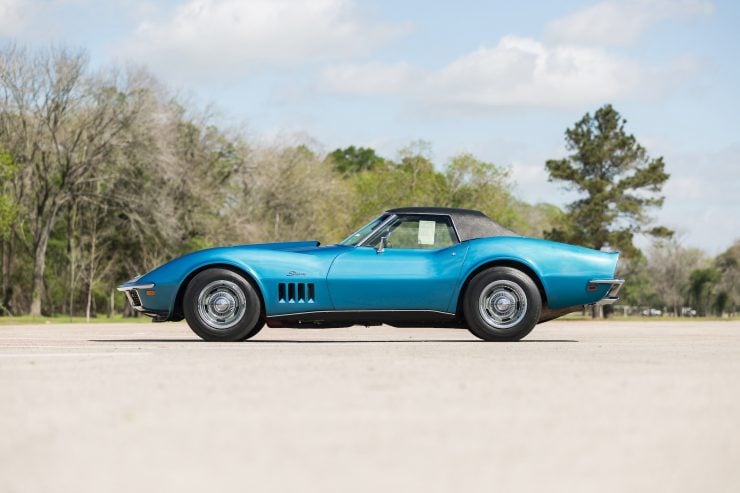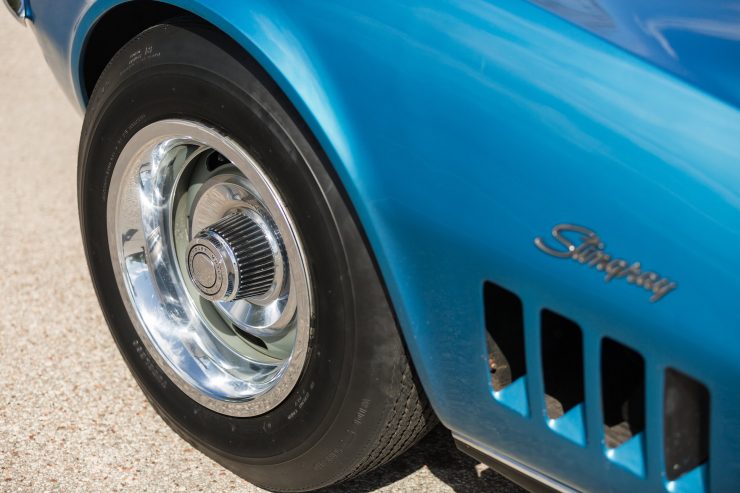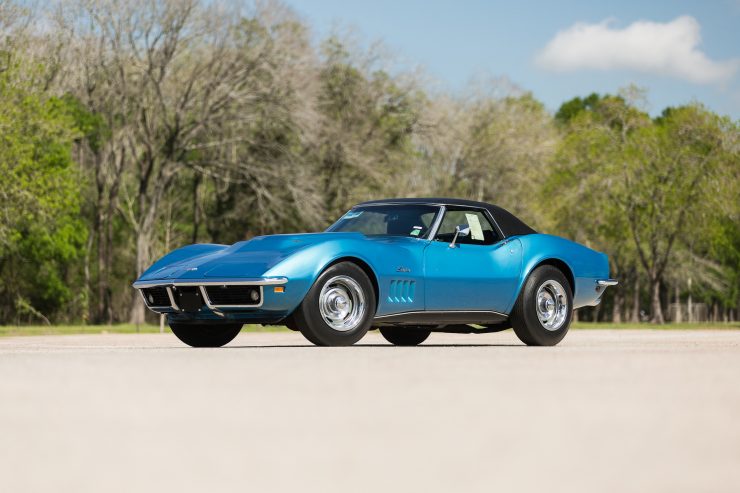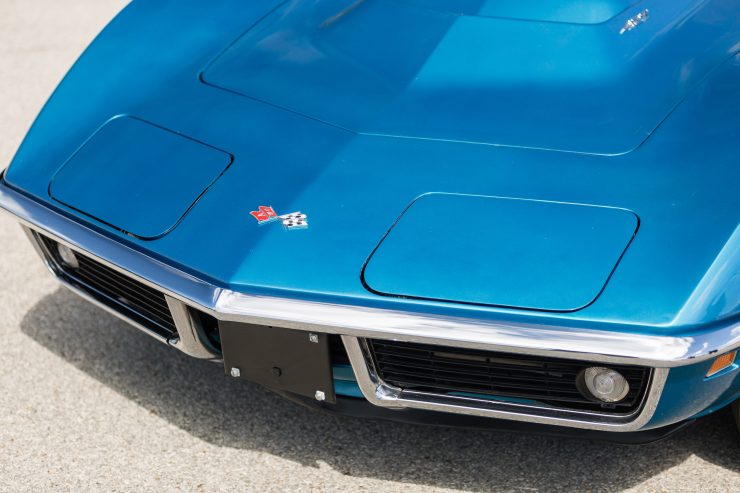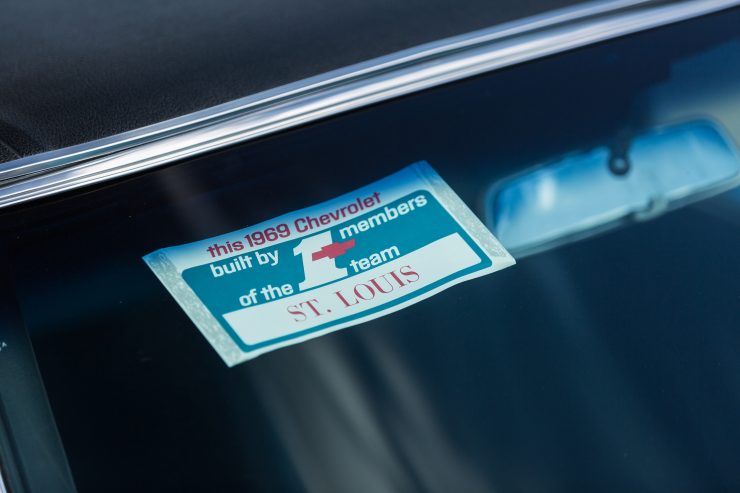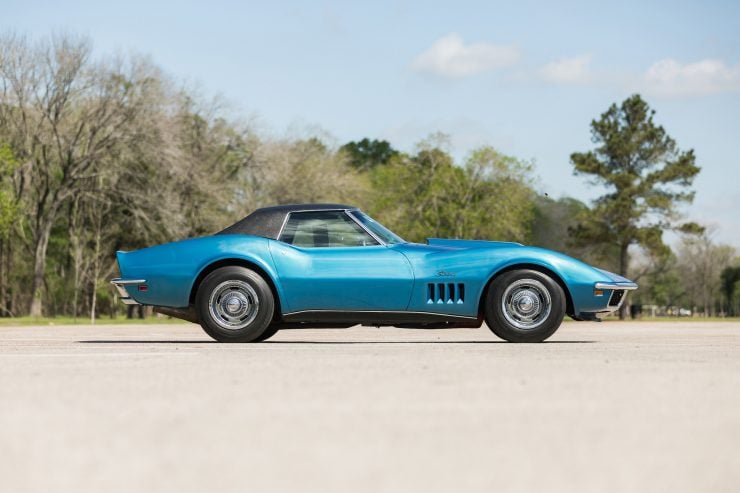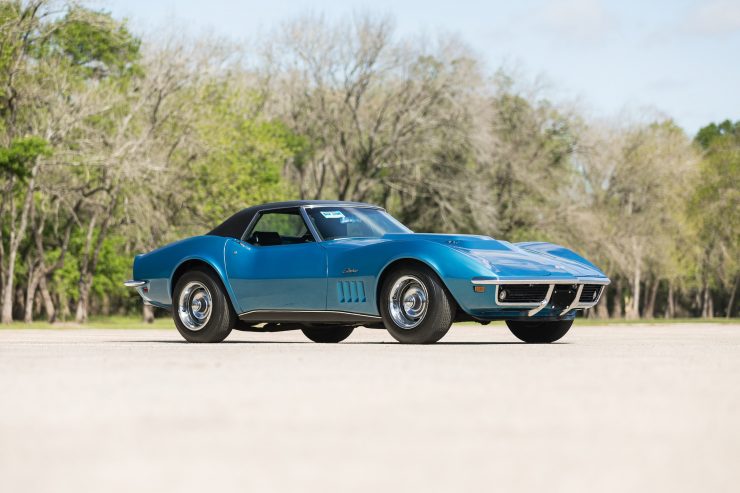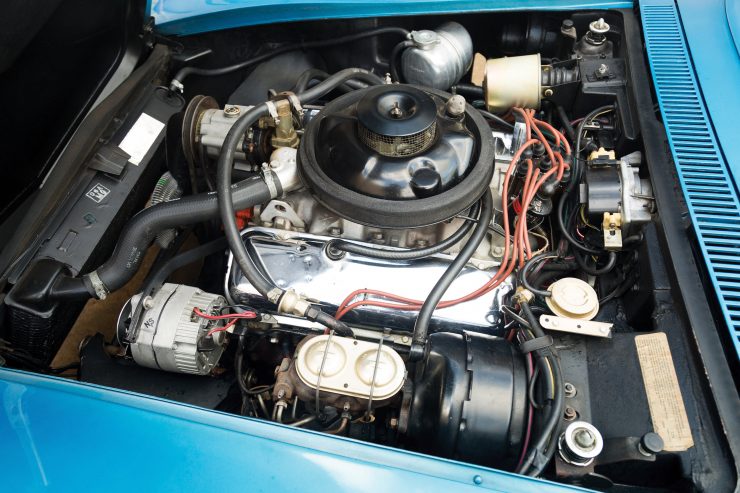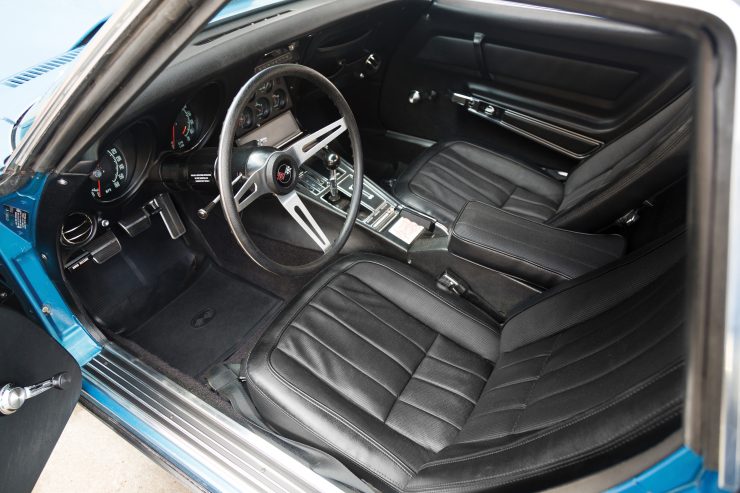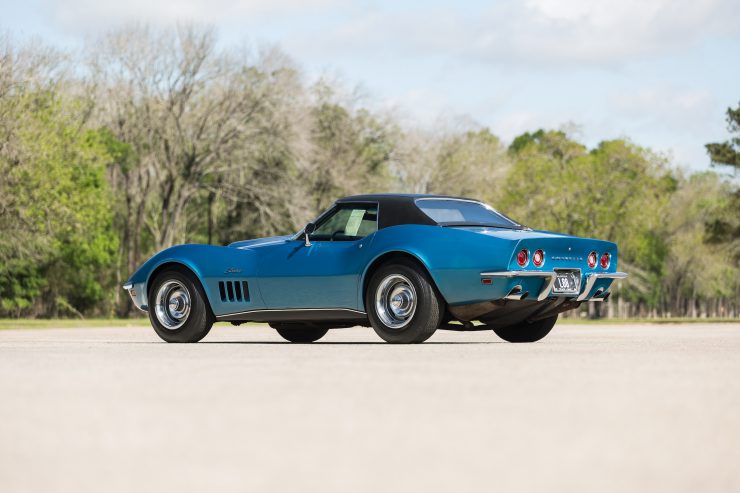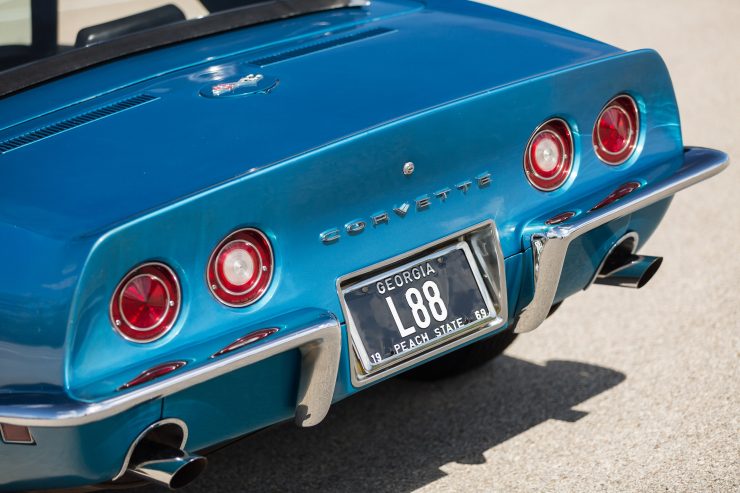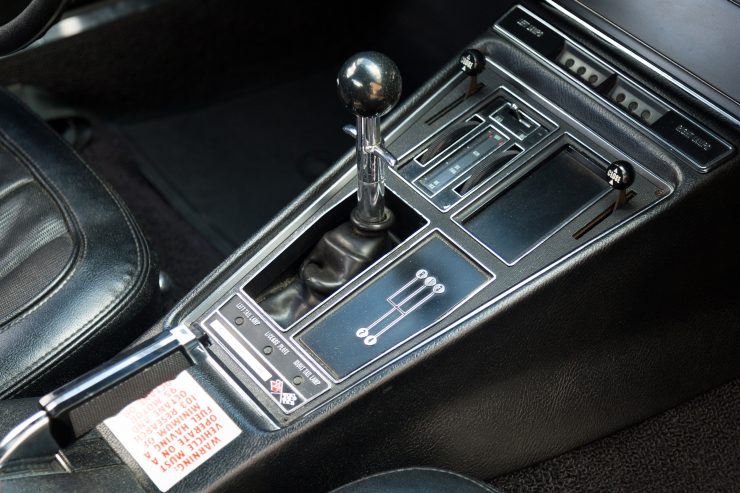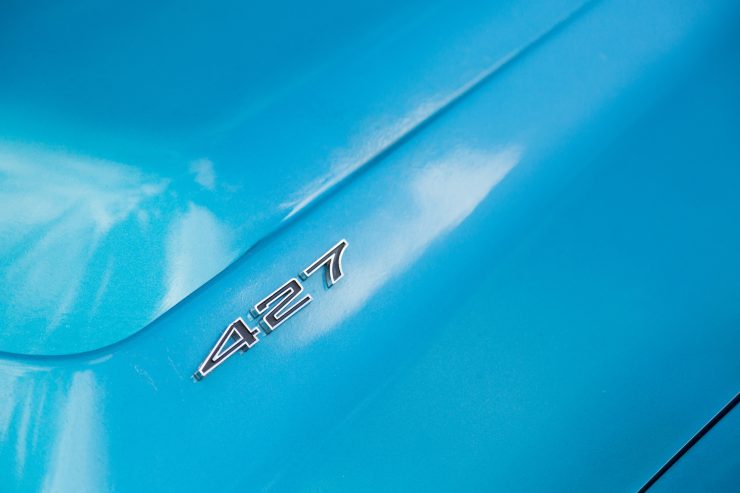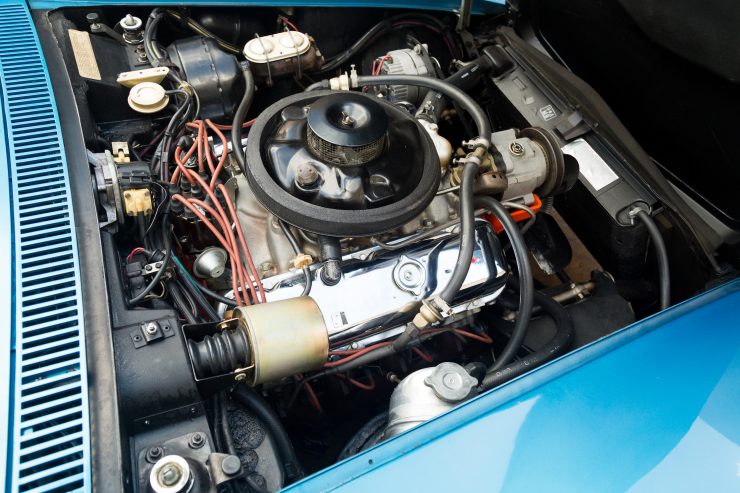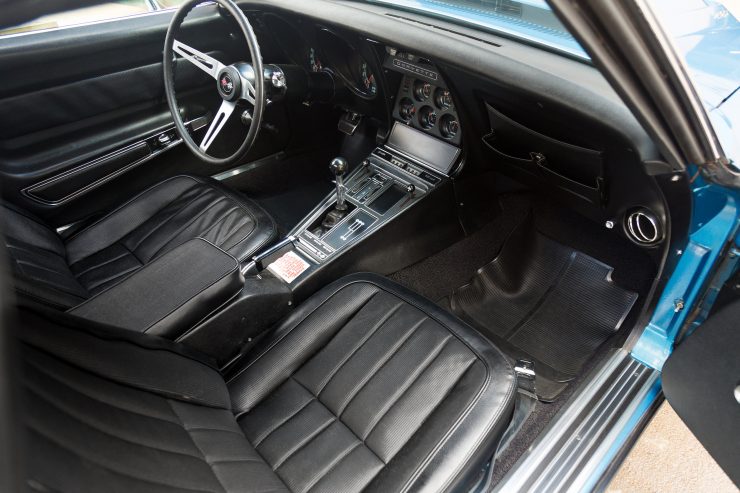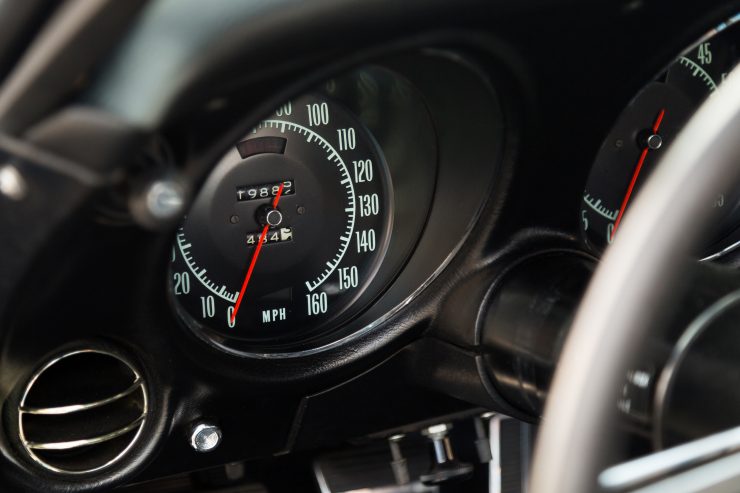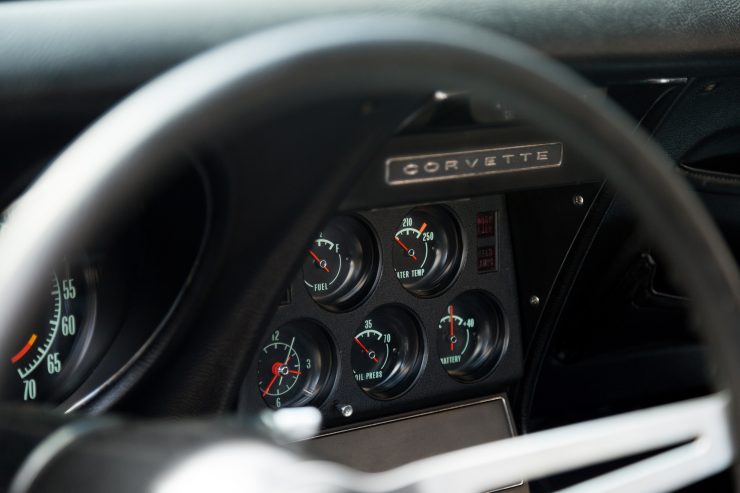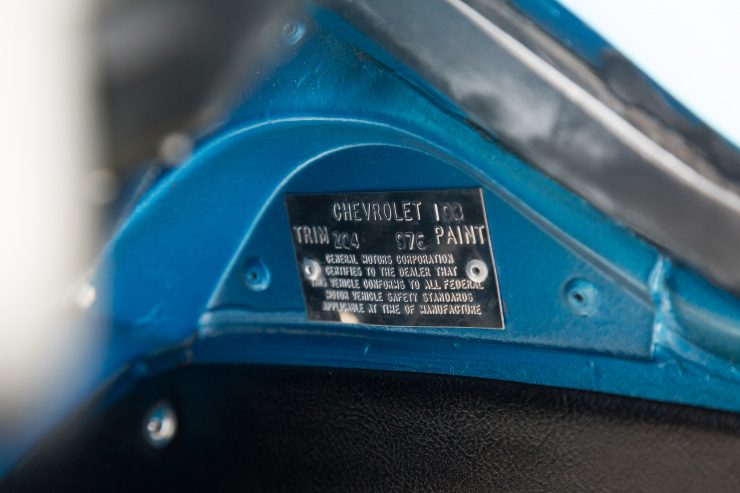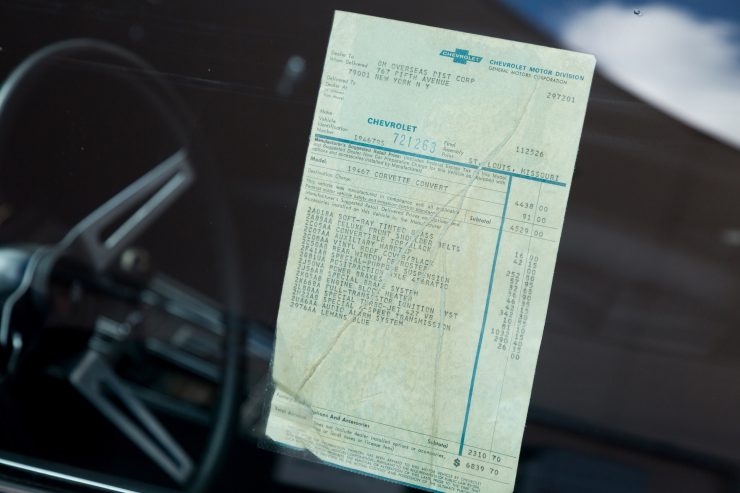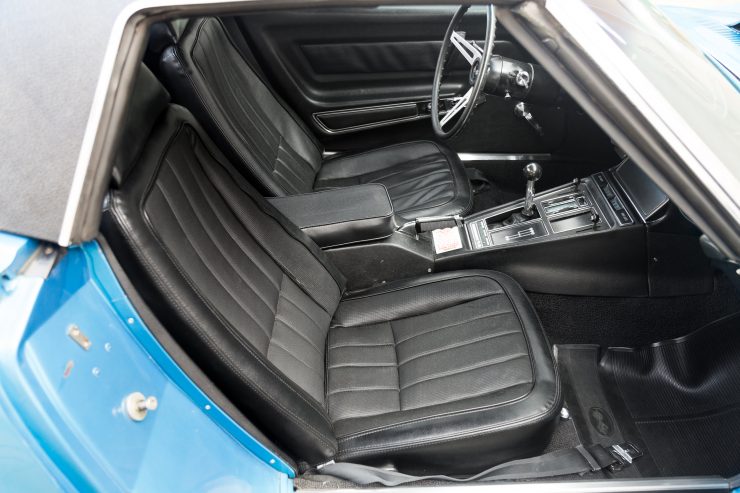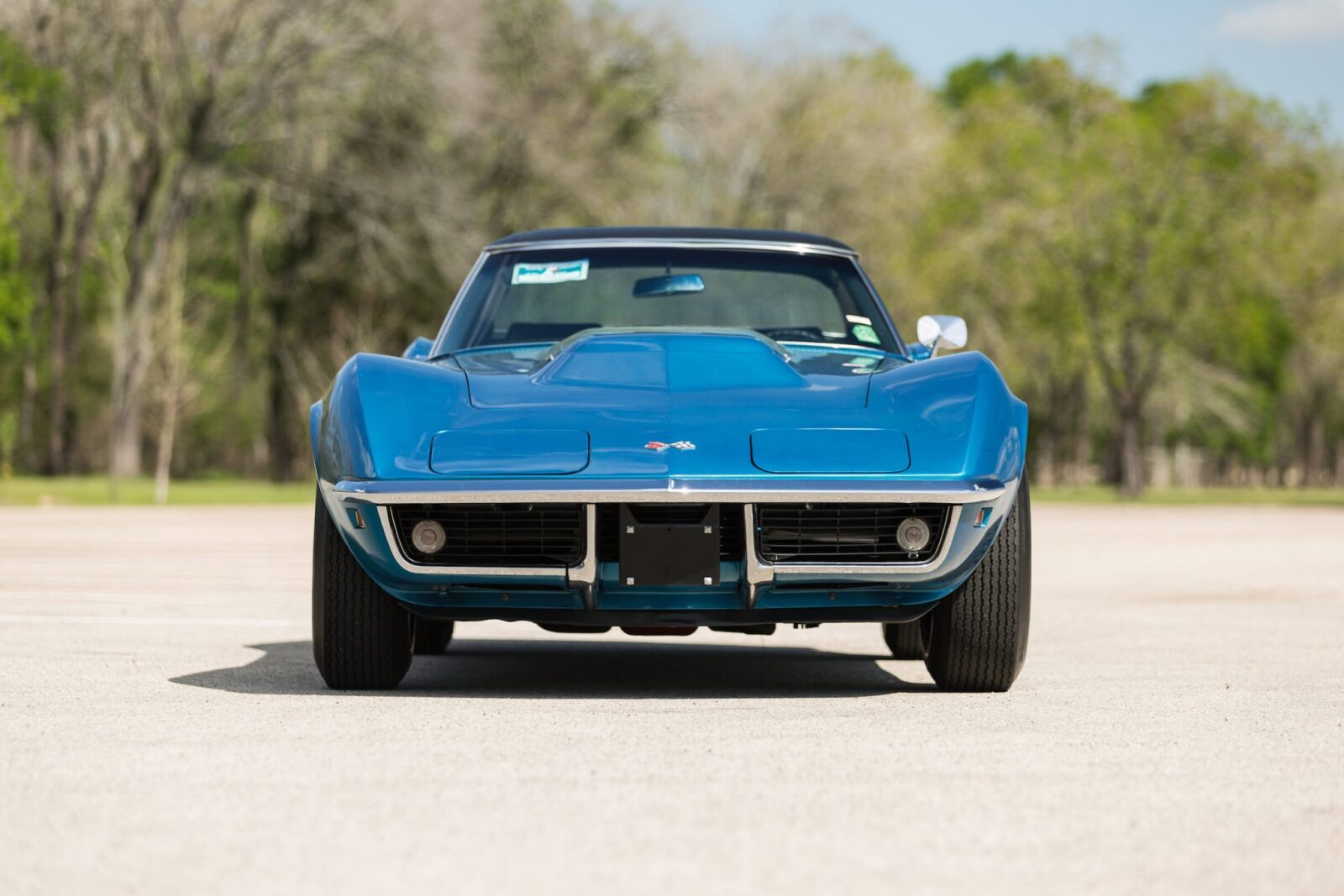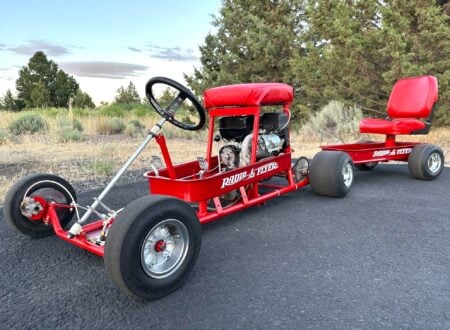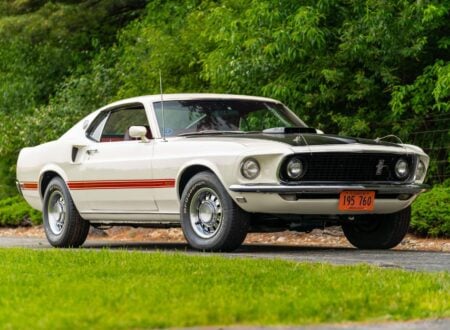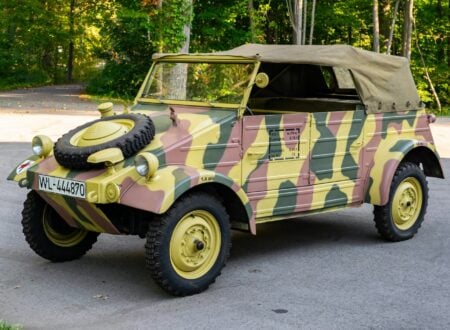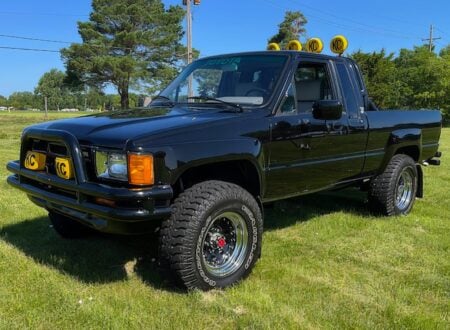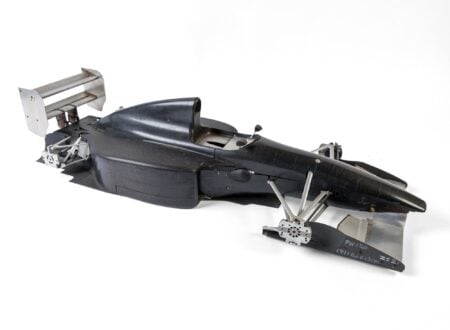The Chevrolet Corvette L88 was a special version of the iconic American sports car that was available for just 3 years – between 1967 and 1969. Chevrolet kept the existence of the L88 option package very low key in order to try to avoid having regular customers buy them – they were really intended as turn key cars for racing teams.
The Story of the Chevrolet Corvette L88
Anyone who knows anything about the Corvette, knows that Zora Arkus-Duntov is the model’s godfather. As the director of GM’s performance division the L88 was Arkus-Duntov’s idea, the plan was to build an unofficial race car and slip it under the noses of the more staid product managers at Chevrolet.
It was impossible to order an L88 Corvette with a stereo, heater or air conditioning, which went a long way towards avoiding “civilian” orders. The horsepower rating was also significantly under-reported, Chevrolet officially listed the L88 as having 430 hp, however they’ve since been rolled onto dynos in stock trim and shown to produce 560+hp.
Chevrolet claimed 430 hp based on power produced by the L88 engine at 1000 RPM below its actual peak RPM, the number was also conveniently 5 hp less than the L71 performance package – which is the one Chevrolet intended for performance-minded consumers. It’s thought that when ordering a Corvette, those seeking power would choose the 435 hp L71 option over the 430 hp L88, and this was usually the case – just 216 L88 Corvettes were built in the 3 years of production. Many of which ended up on drag strips and race tracks.
Each L88 was fitted with what was essentially a race engine, a 427 cubic inch V8 with a 12.5:1 compression ratio, a Holley 850 CFM four-barrel carburettor, a high-lift cam, and aluminium heads. It was based on the engine used in Roger Penske’s Sunoco Corvette – which won the 1966 Daytona 24 Hours.
Ordering the L88 engine option required also ordering the heavy duty Muncie M22 HD close-ratio 4-speed manual transmission, heavy duty disc brake callipers, “J50” power brakes, heavy duty suspension, a transistor ignition, and a Positraction differential.
Direct from the showroom floor the L88 Corvette could run a high 11 second quarter mile, and the model would take a GT-class win at the 1968 24 Hours of Daytona (with a top speed of 194 mph), it also won the A/Production title for 1969, and 3 years after production ended Luigi Chinetti’s North American Racing Team (N.A.R.T.) scored a class win at Le Mans (1972).
Due to the extreme rarity of the L88 Corvette and the fact that many of them were either modified for racing or wrecked in competition means that surviving original examples are now seen as almost mythical creatures by collectors.
The L88 Corvette Shown Here
The L88 shown here was originally ordered by Richard Johnston Thomas of Marietta, Georgia. He was a serviceman stationed in South Korea, and he ordered the car from Barclay & Company Central Chevrolet in Seoul on October 27, 1968. He chose Le Mans Blue paint with a black vinyl interior, and a removable black vinyl hardtop.
Richard took delivery of his new car when he returned to Atlanta, and sold it roughly a year later, possibly because the L88 really wasn’t an easy car to daily drive in any practical sense. The car was carefully cared for over the intervening years and today still has its original paint, interior, and hard top – with less than 20,000 miles on the odometer.
The car is due to sell through Worldwide Auctioneers at The Texas Classic Auction on the 22nd of April with an estimated hammer price of between $650,000 and $750,000 USD. It’s rare to see an original L88 like this come up for open sale, so it’ll be interesting to see what it goes for on the day.
If you’d like to read more about the car or register to bid you can click here to visit the official listing.
